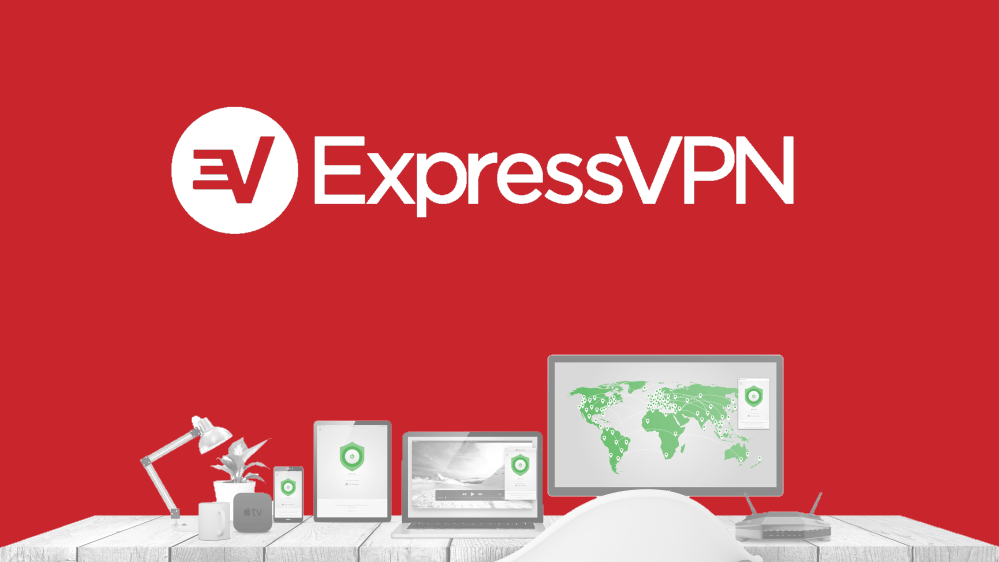Are free VPNs safe to use?
- Be the first to comment!
- Published in VPN Help and Advice
Privacy is a precious commodity online these days. If you’ve ever looked at a product on Amazon, only to find to advertss for it popping up wherever you go afterwards on the web, then you’ll know that your activity is being watched and tracked.
More and more people have turned to VPNs to address these and other issues. The encryption technology they use prevents unwanted eyes seeing what you're up to and keeps your online habits private. But, can you really trust free VPNs?
We look at how your protection of choice might not be doing quite what you think.
Folder Lock - Data Security & Encryption [Download] £12.79

What is a VPN?
VPN stands for Virtual Private Network and is software that creates an encrypted connection to online servers. What’s the point of this? Well, simply, it’s a way to hide your browsing data (where you go, what you look at, etc.).
You might think that this is already private, but sadly that just isn’t the case.
Are free VPNs any good?
There are two main types of VPN available: free and subscription-based. The former is obviously tempting for many people, as there’s nothing better than getting something for free, but are there hidden costs?
As you might expect, there are a few restrictions that can make a free VPN less attractive than the paid alternatives. These usually involve limited data allowances, slower speeds, and a small selection of server locations around the world.
If you’re hoping to use a VPN to access region-locked content on Netflix or watch BBC iPlayer while abroad, then these restrictions will make life quite unsatisfying, as we're yet to find a free service that offers servers in the right locations and enough free data allowance to watch videos from both of these services.
One free offering is TunnelBear, which has a limit of 500MB per month, which will barely get you through an episode of Eastenders before you max out your allocation. There's also hide.me which is more generous with 2GB per month, but doesn't unblock Netflix or iPlayer.
Should your reasons for using a VPN be more to do with keeping your browsing private, then the free route is a good way to test out how you can work with the software and see what it has to offer. But, even this option has a few things that need considering.
Are free VPNs safe to use?
There have been numerous reports over the years of free VPNs posing a potential threat to your privacy.
Researchers have found that some free services actually collect your browsing data and sell it on to advertising and marketing companies, while more disturbingly there was also malware found in a number of free VPN packages which could have worse consequences than not using one at all.
Basically, for the provider to give you a ‘free’ VPN it is going to have to recoup its costs. This will usually come down to using the data you provide in some way, which is far from ideal.

Should I use a free VPN?
If you’re serious about your security then you should use a VPN on your PC, smartphone, and tablet. While the free variety might be tempting, and can certainly be used in a pinch, we would strongly recommend that you pay up and get a fully featured, secure version instead.
Our current favourites, with NordVPN, ExpressVPN, and CyberGhost all brands thatVPN's Expert has used and found to be very good.
Latest from Sam Fairweather
- How to unlock a UK iPhone Legally
- ExpressVPN UK Review: The best VPN service around
- What can you enjoy watching on a Chromecast?
- In what order should you watch every Marvel movie?
- In what order should you watch all the Star Wars films?
- Game of Thrones season 8: When it's available and how to watch the final season
- Panda Free Antivirus 2019
